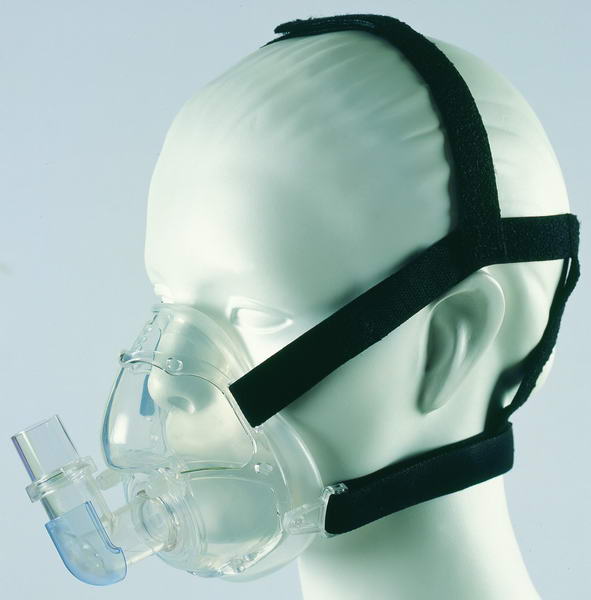People who experience sleep apnea may have more at stake than getting a good night’s sleep. According to an article published in Circulation: Heart Failure, a journal of the American Heart Association, when sleep apnea becomes more severe it may cause changes in the heart’s shape and function. Problems, such as increased mass, thickening of the heart wall and reduced ability to pump, are in fact very similar to those associated with hypertension.
In trying to find a treatment for people with sleep apnea, primarily to allow them a good night’s sleep, researchers discovered that the improved breathing at night, provided by a device known as “Continuous Positive Airway Pressure” (CPAP), which is essentially a mask that fits over the nose and holds the airway open to prevent snoring and all out airway obstruction common in more severe sleep apnea, had other benefits.
It appears that after six months of treatment with the CPAP, once proper breathing and sleep was restored, the negative heart conditions were rectified in healthy patients that only suffered from Sleep Apnea.

An example of a full face CPAP mask
Gregory Y. H. Lip, M.D., a researcher at the University of Birmingham Center for Cardiovascular Sciences in Birmingham, U.K. said :
“To the best of our knowledge, this is the first study to provide a comprehensive assessment of left ventricular structural and functional parameters using advanced echocardiograms in otherwise healthy apnea patients … Our findings imply that OSA could be crucial in the development of left ventricular diastolic dysfunction that can lead to heart failure and increased mortality if left untreated.” “
In this report, the researchers looked at 40 patients and compared them with 40 people who had high blood pressure, to 40 healthy participants. The study was not randomized or blinded, so it is possible some bias might have crept in from observers, and certainly more research is needed.
With 18 million Americans said to suffer from the problem, it would be interesting to know whether sleep apnea in the long run might actually be a contributing factor or root cause of some long term heart problems.
Physicians should think about questioning patients with hypertension and/or abnormal echocardiograms to see whether they suffer from snoring and other signs of sleep apnea. Partners may also provide valuable insight into sleeping patterns, since snorers aren’t always aware of their problem.
Written by Rupert Shepherd